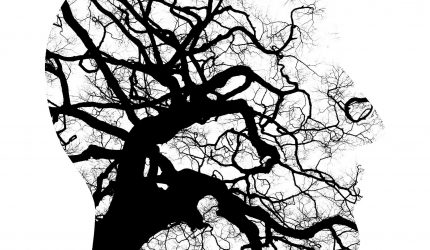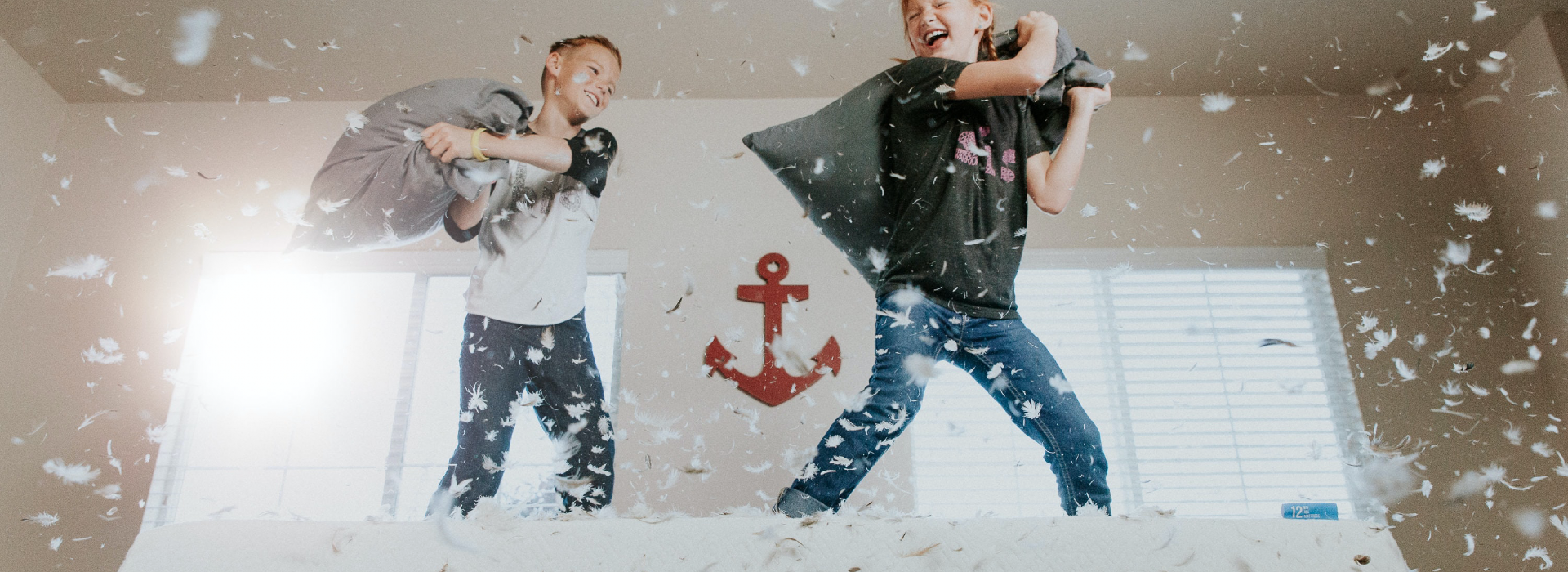

On assessments
Like “holism”, the Romanian word “evaluare” (evaluation) stirs all kinds of emotions and interpretations. As survivors of all sorts of experiments and victims – vocal or silent – of various abuses, we startle when we hear words that, in different circumstances, made the difference between “admitted” and “rejected”, between “now” and “never”. Young parents who have not “caught” the “golden” times carry themselves the feelings described by their parents, from a time when militia or any other “organ” came to people’s door asking how they dare to exist in different terms than those sanctioned by the party.
The biggest fear of many parents who want to move out of the Romanian education system is that “the child protection services will come at their door” or that the police will “take their children”. It is not the first time and I am not the first person to point out that the “law of education”, as presently formulated, violates both the Constitution and the Human Rights Act by imposing the presence of children in an institution called “school”, regardless of the performance of that institution.
The authors of the law of education confuse the concept of school with the one of education, most likely drawing on the sweet custom of the Mioritic land where any correlation becomes causality. For them, the coincidence between education and school is a postulate, and there is no question of proving it. However, education is both a right and an obligation. The school is the institution that should deal with education. If she does not fulfil her duty to educate, then she cannot be declared compulsory.

Let’s go back to “evaluare” (evaluation)… The original word is assessment.
It means “the process of gathering and discussing information from multiple and diverse sources in order to develop a deep understanding of what students know, understand, and can do with their knowledge as a result of their educational experiences; the process culminates when assessment results are used to improve subsequent learning”.
The assessments do not serve for “admission” of a child to Cerehard. They do not measure the child’s “level” and do not raise the child on a podium or lower him or her from it. There are “diagnoses” or findings of what you do with your children. The formal ones result in detailed evaluation reports of several pages.
In the past years, 2017-2018 and 2018-2019, when we had gathered only a few dozen families, the evaluations took place in person in several centres in Bucharest, Brasov and Cluj. The parents brought folders containing various materials – drawings, exercises, handicrafts, etc., everything they considered useful in showing us how the educational process had gone and what the children’s passions were. Some children gave entire recitals, others presented self-edited films about their daily activities.
Starting with the 2019-2020 year, Filbrit UK has suggested using Google Drive services for children to upload their work and not carry bookshelves with “evidence” anymore. For the year 2020-2021, Cereahard received G Suite for Education and functions as a school in the cloud, with its entire archive in Drive and folders for each child. It is a work in progress, and registrations are not closed yet – this is why we postponed the evaluations at the beginning of the school year.
There is no “know-how” and no “user manual”. The few people who started this project, with the help of Mark Evans, the director of the UK-based accreditation agency Penta International, went through countless trials and errors in order to sketch a few ways of working. It is not “ready” and will not be too soon, because each child is a case study, and we want to find the best way for each. None of the educational alternatives that have emerged over time has been built on existing models.
We do not collect unnecessary credentials and logos. We have the support and accreditation of one of the most proficient agencies – Penta International inspects more international schools than all the other UK agencies put together – whose people are willing to help us formulate what we want as clearly as possible. In this context, assessments are the equivalent of “taking your pulse” – only when you want it or consider it necessary.
Significant changes in education are expected on a global scale.
Take your nose out of the standards – they will no longer be valid. We are looking for creative, spontaneous, educated people, with logic and imagination, not for the ones “trained” for standards.
Many of the Cerehard alumni will become entrepreneurs before entering universities whose diplomas first must prove useful.